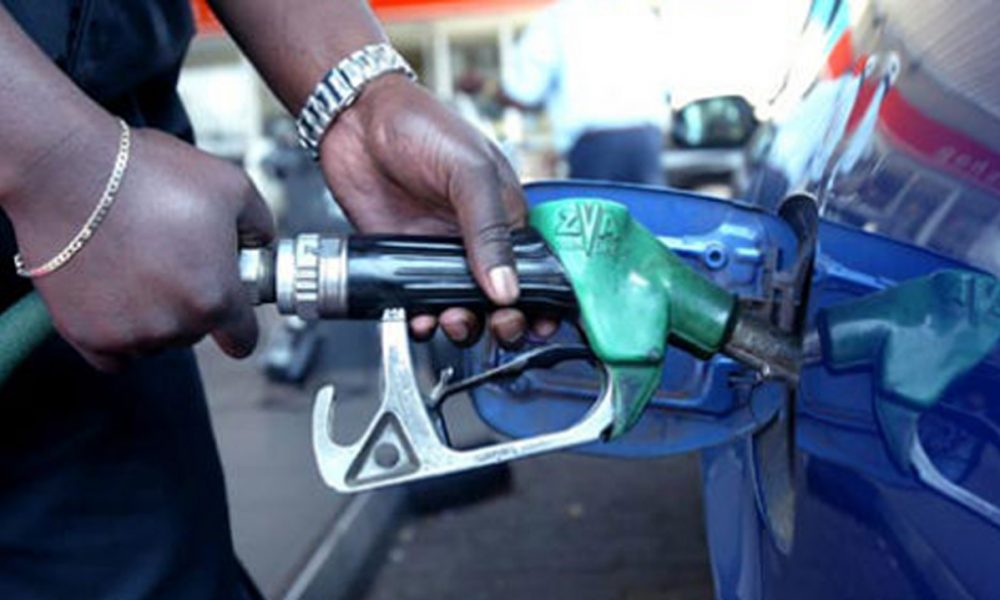Oil Marketers Face Uncertain Future as Fuel Consumption Plummets and Prices Soar
The oil marketing industry in Nigeria is grappling with unprecedented challenges, with over 10,000 retail outlets at risk of shutting down due to a drastic decline in fuel consumption and rising costs.
According to recent data from the Nigerian Midstream and Downstream Petroleum Regulatory Authority (NMDPRA), fuel consumption had dropped significantly to 4.5 million liters per day in August 2024, down from 60 million liters per day in May 2023, a staggering 92% decline.
Furthermore, only 16 out of the country’s 36 states received fuel from the Nigerian National Petroleum Company Limited in August, exacerbating the nation-wide shortage.
This crisis is a direct consequence of the removal of the fuel subsidy by President Bola Tinubu in May 2023, which has led to a 488% surge in petrol prices, from N175 to over N1,000 by October 2024.
The resulting economic strain has led to increased transportation costs, inflation, and a shift towards public transportation among many Nigerians.
Dr. Joseph Obele, National Public Relations Officer of the Petroleum Products Retail Outlets Owners Association of Nigeria (PETROAN), stated that the substantial decline in fuel consumption has led to significant financial losses for their members, putting approximately 10,000 retail outlets at risk of closure.
Obele explained that the cost of a truckload of petrol has risen from N7 million to N47 million over the past 16 months, placing immense pressure on members’ finances.
PETROAN has requested a N100 billion grant from the president to prevent these closures, which would impact the livelihoods of around one million employees.
Abubakar Maigandi, President of the Independent Petroleum Marketers Association of Nigeria, echoed these concerns, noting that members are reducing fuel purchases due to the escalating cost of a truckload.
“Some members who once purchased 10 trucks can now only afford eight. We’re not receiving adequate quantities,” Maigandi emphasized, highlighting the supply chain challenges.
The Nigeria Union of Petroleum and Natural Gas Workers (NUPENG) also expressed concerns over the crisis, noting job losses among truck drivers and fuel station employees as operations decline.
NUPENG Secretary-General, Mr. Afolabi Olawale, described the situation as “evolving,” but acknowledged the widespread impact across sectors, particularly on truck drivers, station employees, and depot representatives.



